The European Union is at a crossroads, with Ursula von der Leyen’s ambitious €800 billion plan for rearmament igniting intense debate among its members. As the voices of dissent grow louder, the question remains: Should Europe prioritize military spending or seek pathways to peace?
Introduction to the Rearmed Europe Plan
The Rearmed Europe Plan, spearheaded by Ursula von der Leyen, promises to mobilize an astounding €800 billion for defense initiatives. This ambitious proposal aims to bolster military capabilities across the continent, leveraging every financial resource available. However, the implications of such a plan extend far beyond mere numbers; they touch on the very fabric of European security and sovereignty.
As the EU grapples with rising tensions and security threats, the call for a united defense strategy has never been more urgent. Yet, the question remains—will this financial commitment truly enhance Europe’s defense, or will it create more problems than it solves?
Opposition from Hungary
Hungarian Prime Minister Viktor Orbán has emerged as one of the most vocal opponents of the Rearmed Europe Plan. He argues that Hungary, and Europe at large, cannot afford such a massive financial commitment, especially given the current economic climate. The skepticism surrounding the plan is palpable, as Orbán emphasizes the importance of caution in financial matters.
His dissent highlights a significant divide among EU member states, with Hungary standing firm against what it perceives as reckless spending. This opposition underlines the complexities of achieving consensus within the EU, particularly on issues that deeply affect national sovereignty and financial stability.
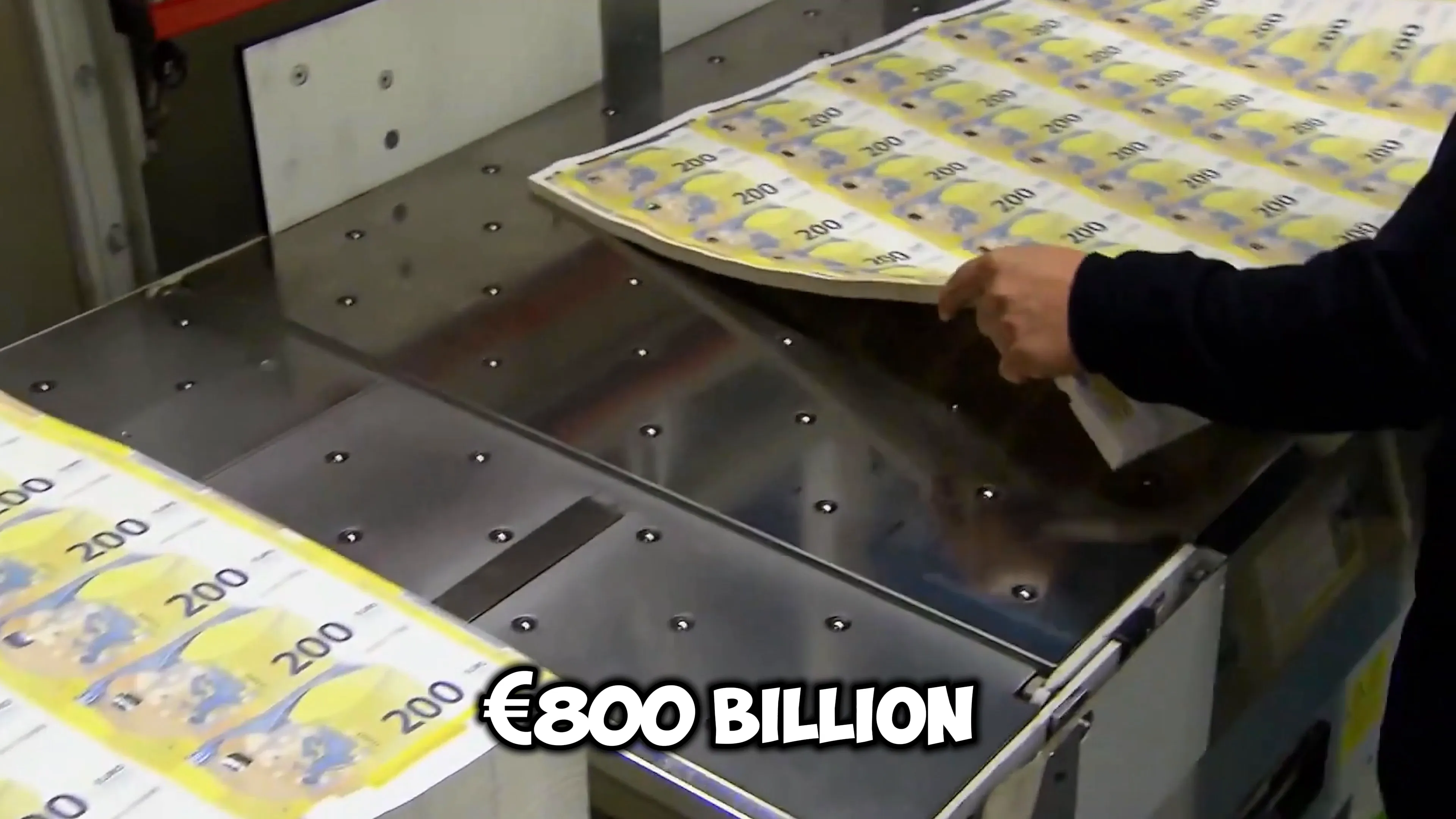
Concerns Over Financial Viability
One of the most pressing issues surrounding the Rearmed Europe Plan is the question of financial viability. Critics argue that the proposed €800 billion is not just a theoretical exercise; it raises serious concerns about where this money will come from. With many countries still recovering from the economic impacts of recent crises, the feasibility of such funds is highly questionable.
Orbán’s cautionary stance serves as a reminder that without a clear and attainable funding strategy, the Rearmed Europe Plan risks becoming an empty promise. The long-term implications of this financial burden could lead to increased austerity measures, impacting essential public services and welfare programs across Europe.

The Logic Behind Increased Defense Spending
Proponents of the Rearmed Europe Plan argue that the logic behind increased defense spending is straightforward: Europe must take charge of its own security. With external threats looming, particularly from Russia, the urgency to strengthen defense capabilities cannot be overstated. This plan is framed as a necessary response to an increasingly volatile geopolitical landscape.
Yet, the call for heightened militarization raises important questions about priorities. Is the focus on military spending overshadowing the need for diplomatic solutions? The balance between defense and diplomacy is delicate, and rushing into a militarized response may not yield the desired outcomes.

Legitimacy of Fund Allocation
The legitimacy of reallocating €800 billion from European citizens to defense industries is a contentious issue. Many question whether the EU has the moral authority to divert such significant funds from public welfare to military expenditures. This skepticism is echoed in the halls of the European Parliament, where calls for transparency and accountability resonate strongly.
Critics argue that this approach prioritizes the interests of the arms industry over the needs of everyday citizens. The implications of this funding strategy could lead to diminished public services, raising concerns about the overall well-being of European societies.
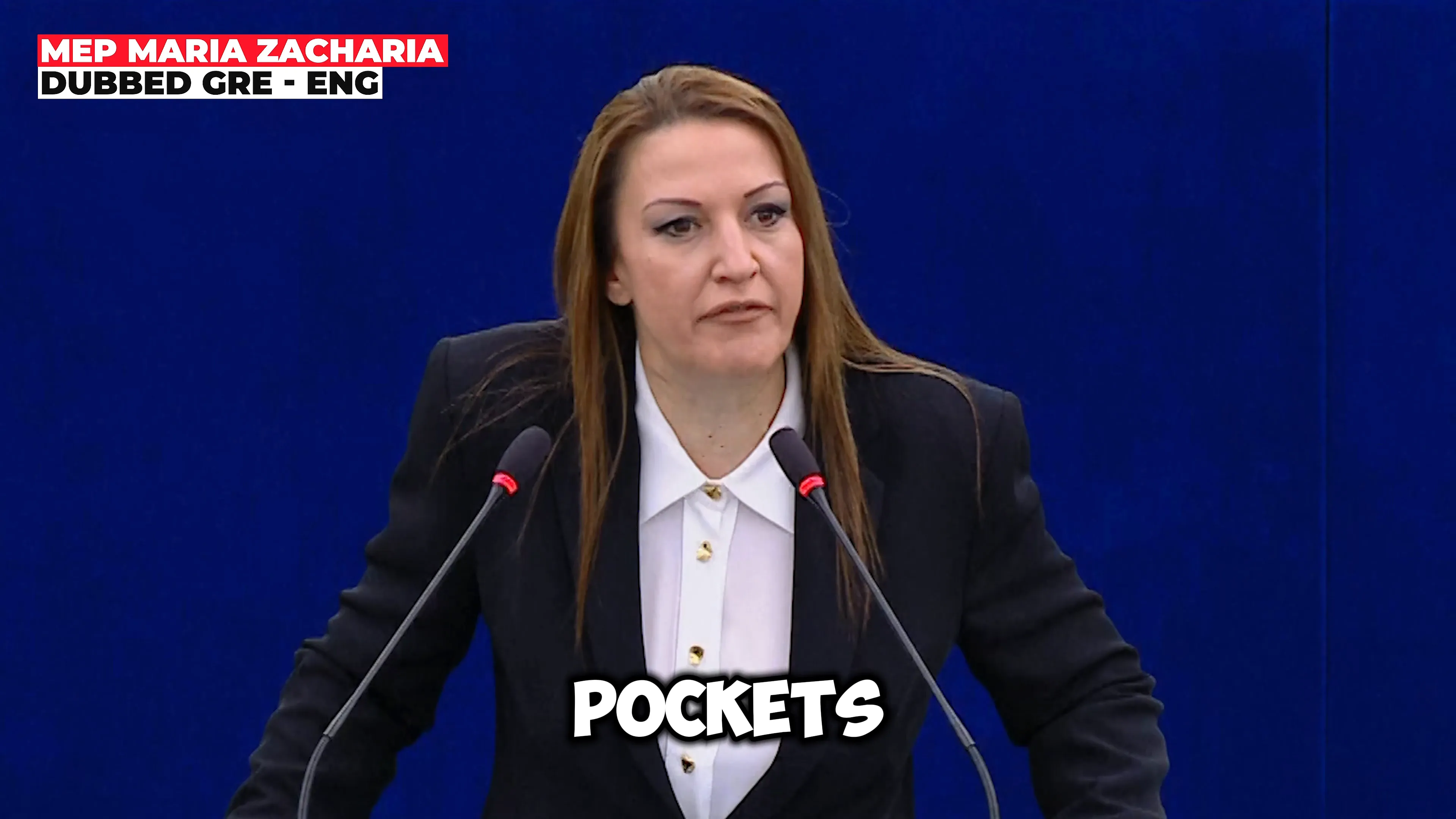
The Urgency of Filling Military Gaps
As the conflict in Ukraine continues to unfold, the urgency to fill military gaps has been emphasized repeatedly. The Rearmed Europe Plan is positioned as a crucial step in addressing these deficiencies, ensuring that Europe is prepared to respond to threats effectively. However, this urgency must be balanced with a thoughtful approach to military engagement.
The focus on immediate military needs should not overshadow the importance of long-term strategies that prioritize peace and stability. It is essential for European leaders to consider how military investments can coexist with diplomatic efforts to foster lasting security.
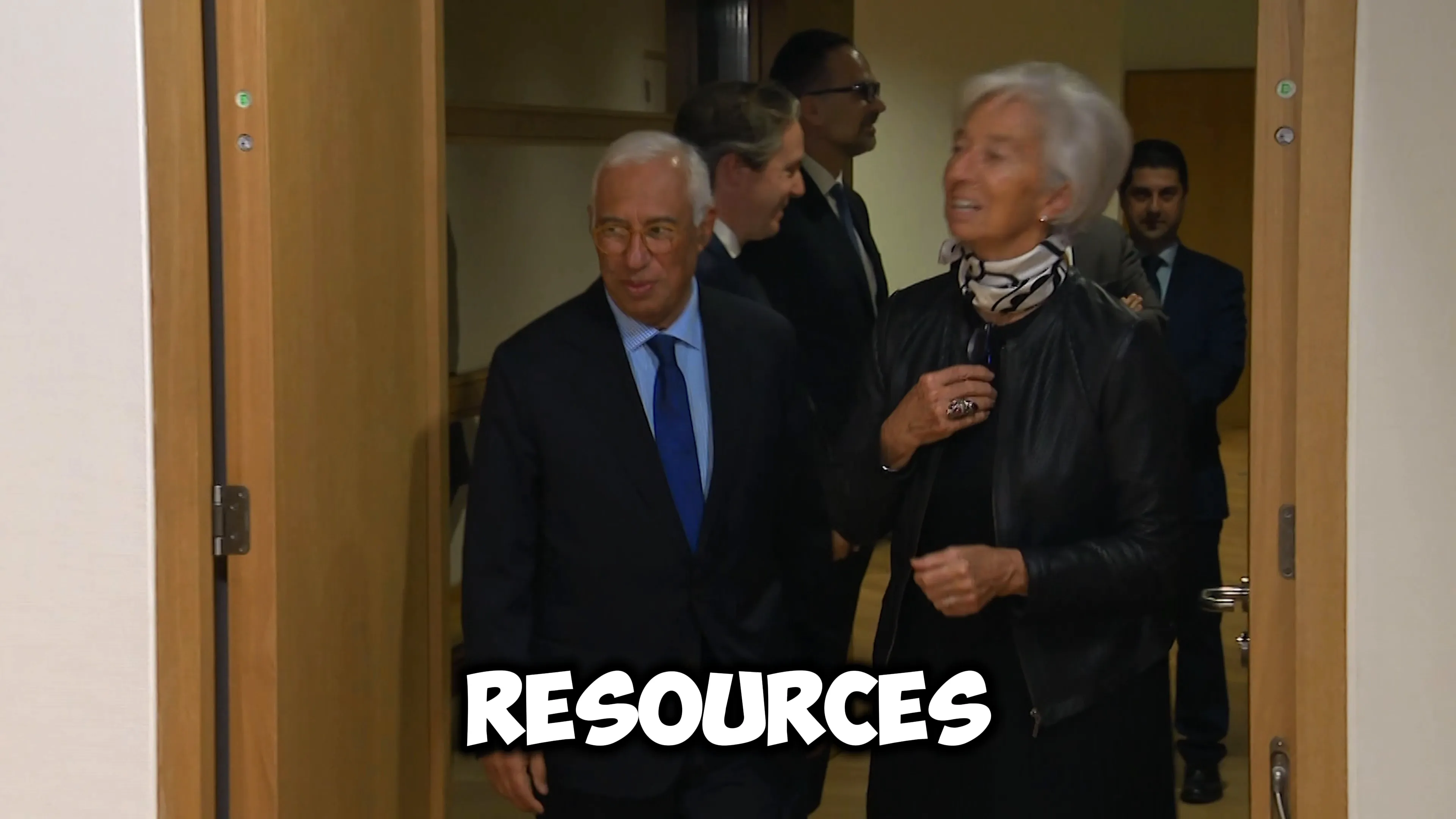
Overlooking Other Security Issues
While the emphasis on military readiness is paramount, other pressing security issues are often overlooked. For instance, the situation in Cyprus is a glaring example of how European security concerns are not limited to the Russian threat. The ongoing illegal occupation of Cyprus raises critical questions about the EU’s commitment to addressing all aspects of security within its borders.
Ignoring these issues undermines the credibility of the Rearmed Europe Plan. If Europe is to present a united front, it must acknowledge and address all security challenges, not just those that fit a specific narrative.
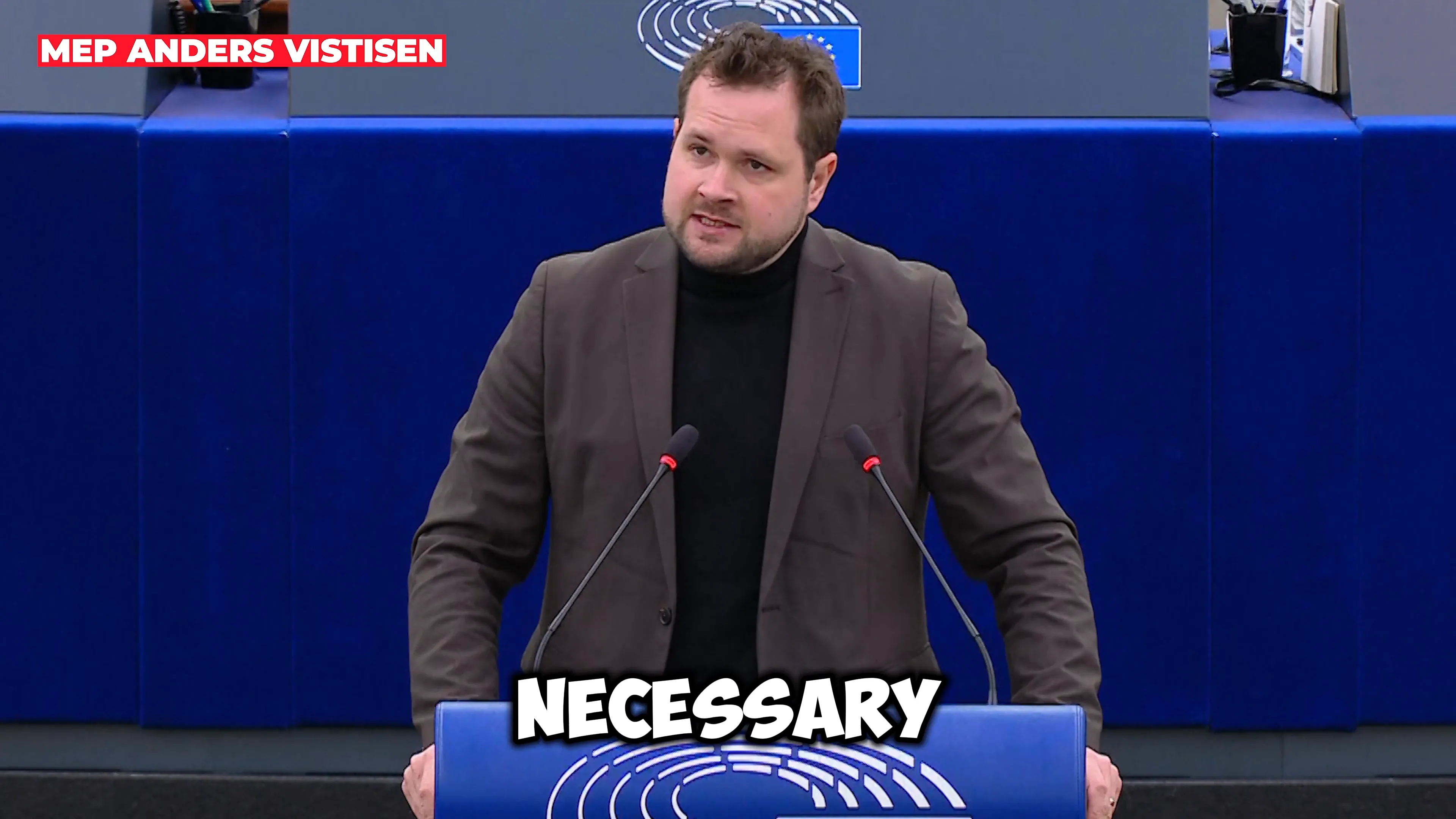
The Cost of Militarization
The financial implications of militarization extend far beyond the immediate costs of weapons and defense systems. The Rearmed Europe Plan is set to divert billions from essential services such as healthcare and education. This shift in priorities could have devastating effects on the quality of life for citizens across Europe.
As resources are funneled into military spending, the risk of social unrest increases. Citizens may feel the pinch of austerity measures, leading to dissatisfaction and potential backlash against their governments. The long-term societal costs of this militarization must be carefully considered.

Transforming Defense Budgets
The proposed transformation of defense budgets is ambitious, with member states expected to mobilize up to €650 billion over the next four years. This plan aims to add approximately 1.5% of GDP to defense expenditures, significantly altering the financial landscape for many countries. However, the question remains—what will this transformation mean for other budgetary priorities?
While enhancing military capabilities is essential, it should not come at the expense of critical social programs. Striking a balance between defense and welfare is crucial to ensure that the needs of citizens are met while also addressing security concerns.
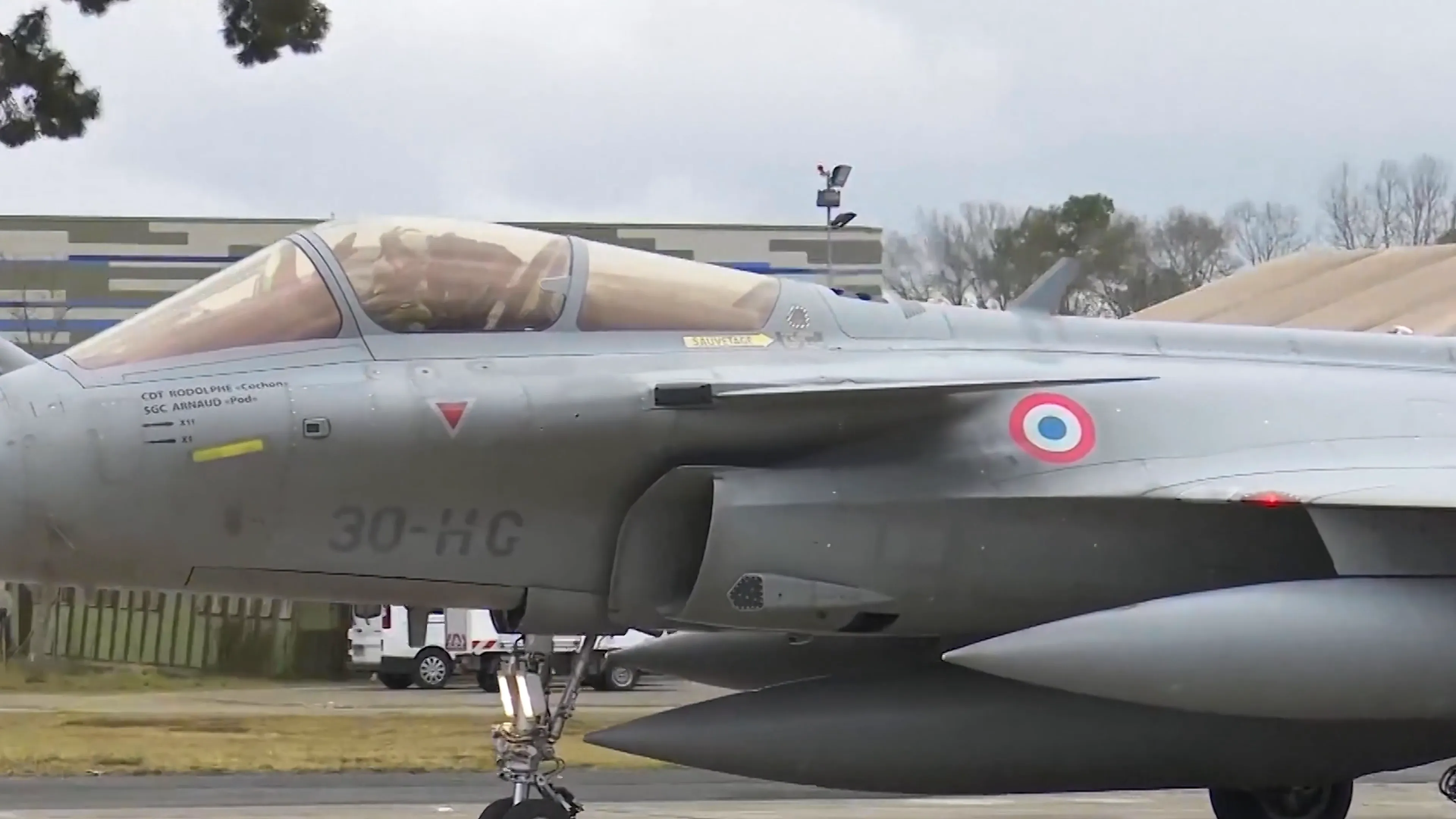
Skepticism Over Arms Procurement
Concerns regarding the arms procurement process are prevalent, with many fearing that the Rearmed Europe Plan could lead to further issues of transparency and accountability. Critics have likened the arms procurement process to previous instances where financial mismanagement was prevalent, raising alarms about potential scams and inefficiencies.
The skepticism surrounding arms procurement underscores the need for oversight and regulation. Without proper checks and balances, the substantial funds allocated for defense could easily become mired in corruption, ultimately harming the very citizens the plan is intended to protect.
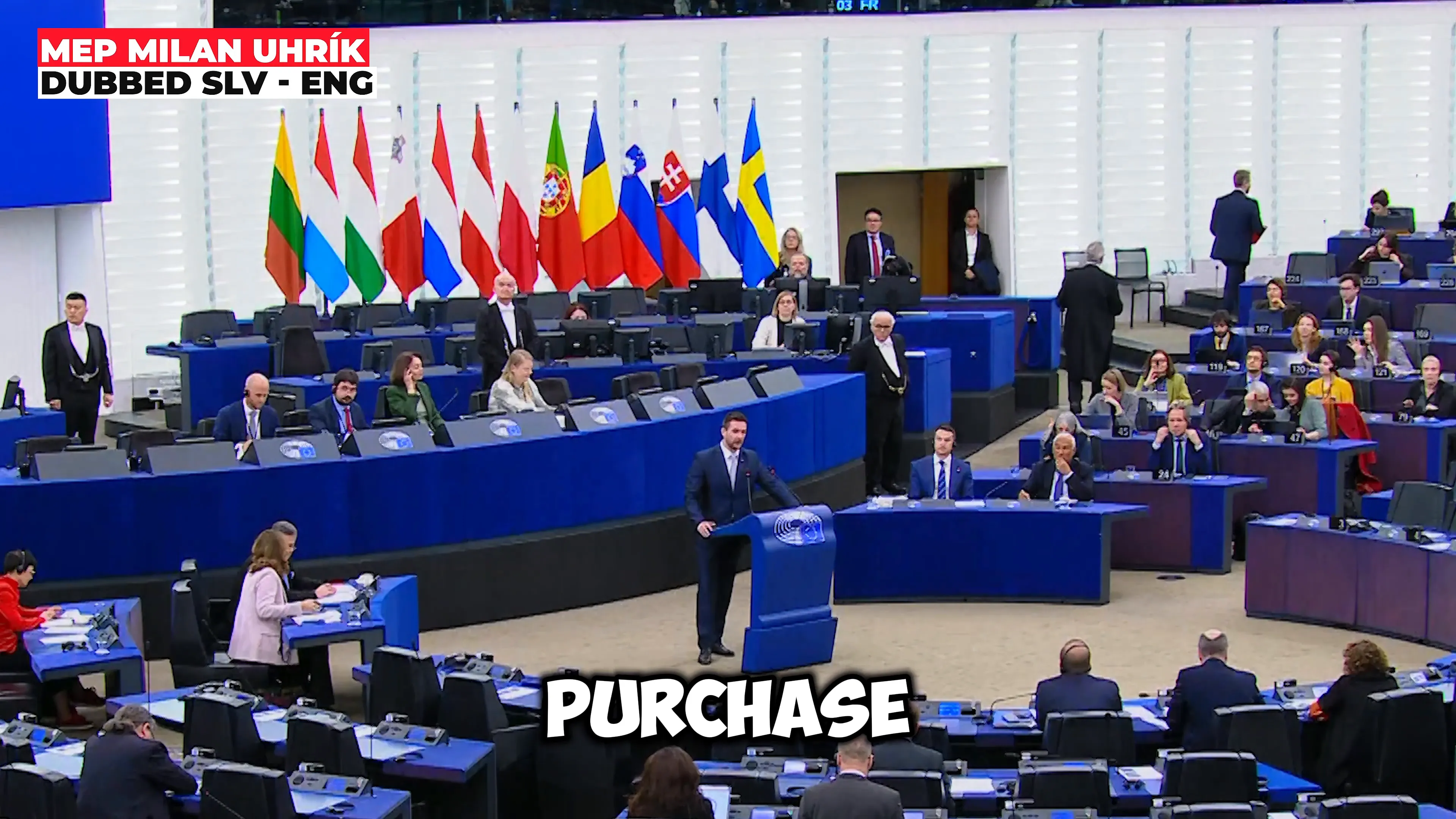
The Consequences of Militarization
The consequences of militarization extend beyond financial implications; they touch on the fundamental values of European society. As military spending rises, the risk of prioritizing force over diplomacy increases. This shift could lead to a more militarized Europe, one that is less focused on peaceful resolutions and more inclined toward aggression.
Moreover, the societal impact of increased militarization could foster a culture of fear and distrust. Citizens may become desensitized to violence, undermining the very principles of democracy and cooperation that the EU was built upon. The long-term repercussions of this shift must be carefully evaluated to avoid jeopardizing the future of Europe.
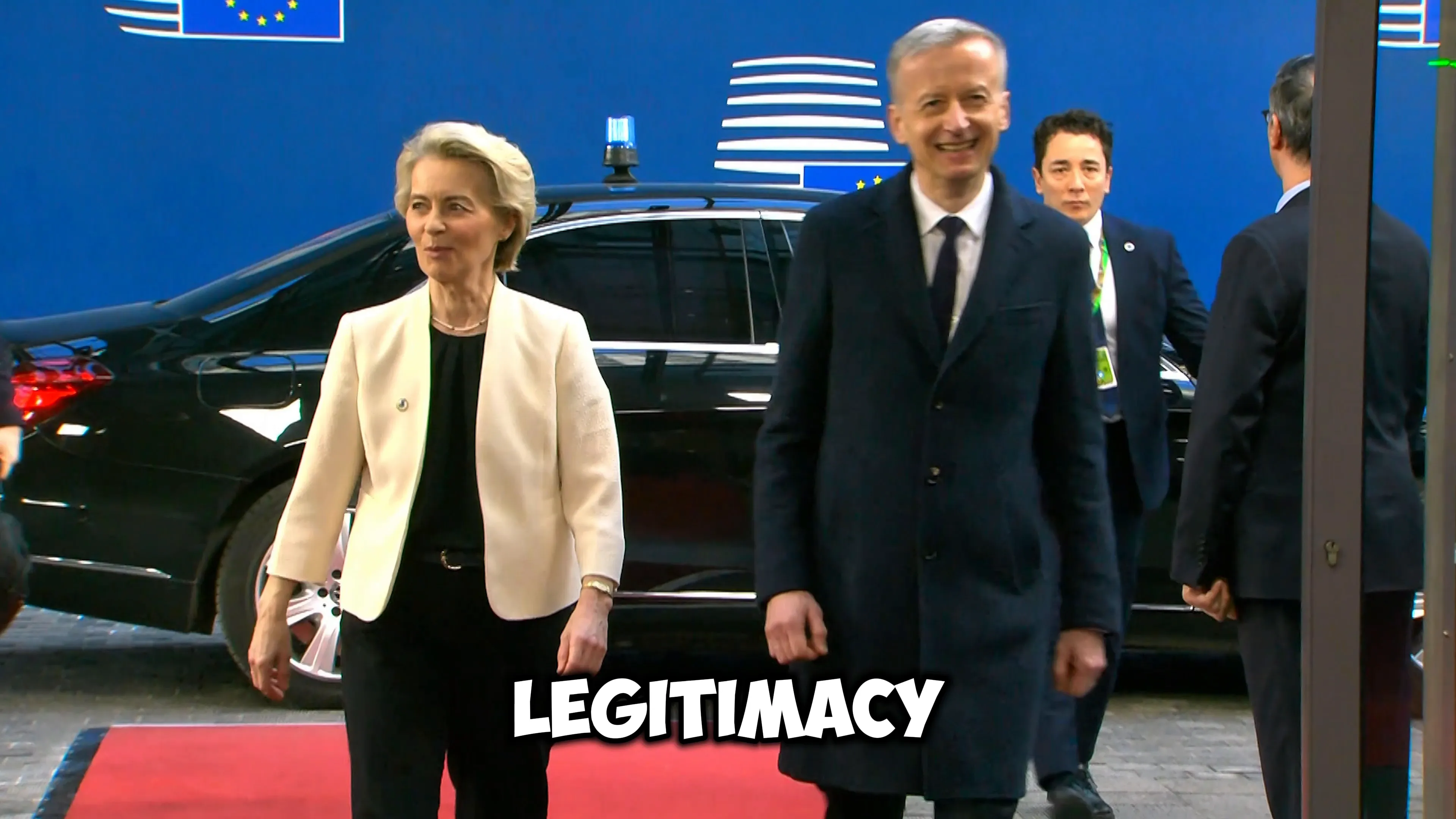
Repeated Calls for Diplomatic Solutions
In the midst of escalating tensions, the urgent need for diplomatic solutions has never been clearer. Voices from various member states emphasize that military escalation is not the answer. Instead, we must invest in dialogue and negotiation to resolve conflicts.
Many have pointed out that the focus should shift towards peace initiatives rather than an arms race. The war in Ukraine should be a catalyst for diplomacy, not a justification for increased militarization.
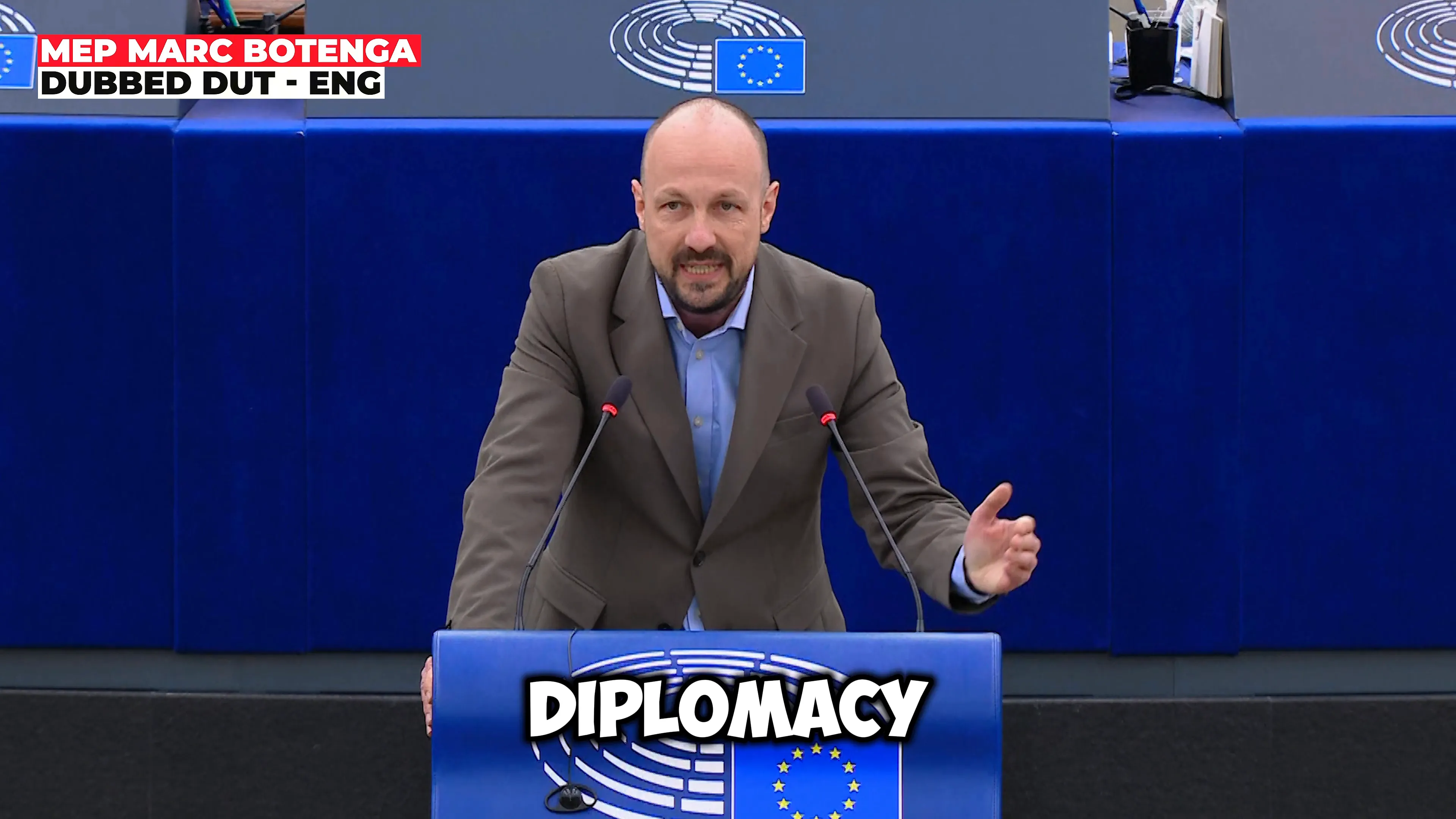
Critique of the European Commission’s Strategy
The European Commission’s approach has come under intense scrutiny. Critics argue that it prioritizes militarization over economic growth and social welfare. This misalignment raises questions about the overall strategy and its long-term implications for European unity.
Furthermore, the Commission’s haste to allocate funds for military purposes is seen as a betrayal of the EU’s foundational values. The focus should be on rebuilding trust among member states rather than deepening divisions through aggressive spending.
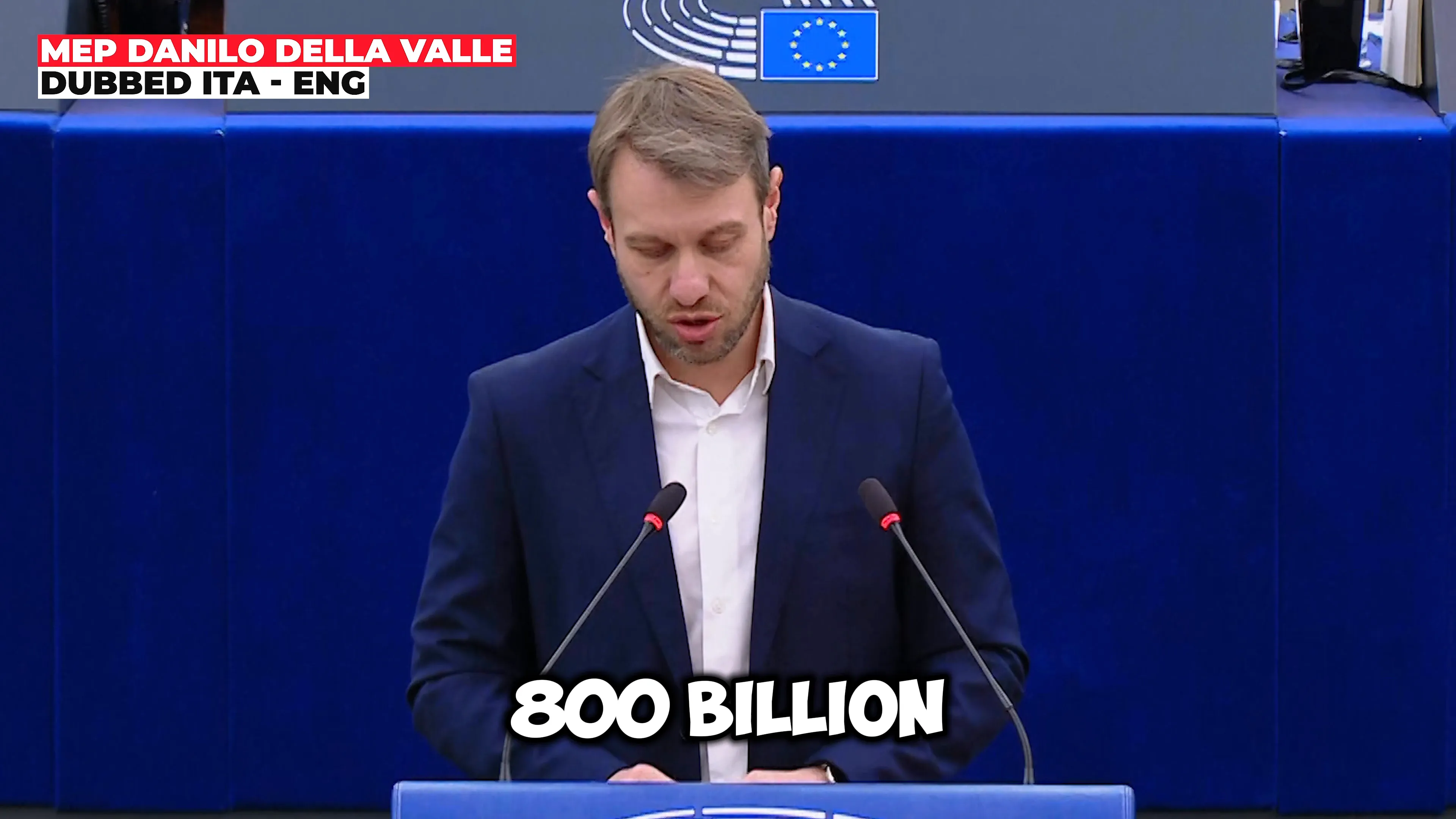
The Need for Stronger National Defense
While there is a consensus on the need for a robust national defense, the manner in which it is pursued is contentious. Many argue that each member state should independently develop its military capabilities rather than relying solely on a centralized EU approach.
The call for stronger national defense is not about rejecting cooperation; rather, it emphasizes the importance of sovereignty and self-determination in security matters. Each nation must be empowered to address its unique security challenges effectively.
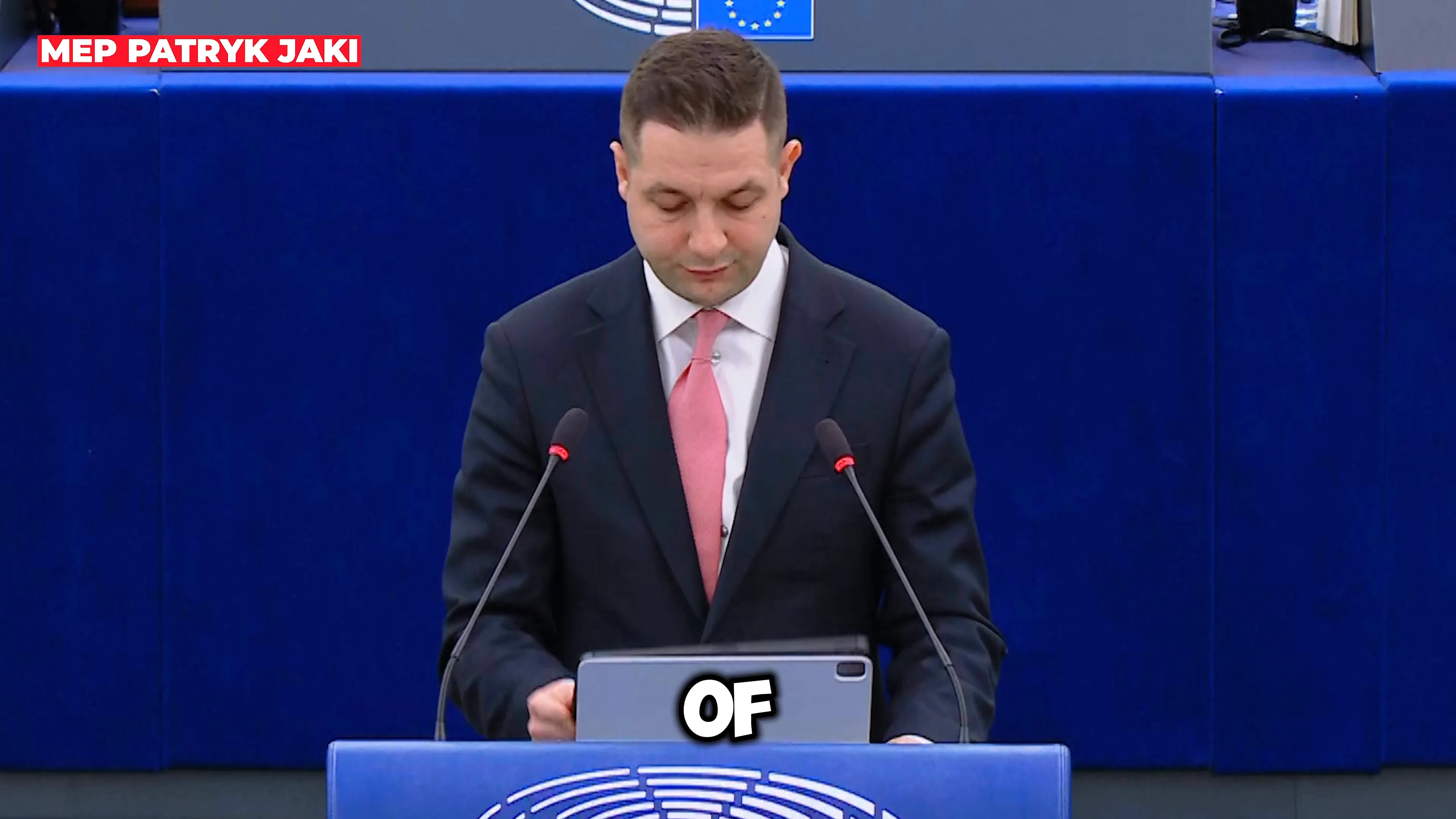
Rising Costs vs. Social Needs
The rising costs associated with militarization pose a significant threat to social welfare. As billions are redirected from essential services to arms, the consequences for citizens are dire. Public health, education, and social services are at risk of being severely underfunded.
Critics argue that the prioritization of military spending over social needs is both unjust and unsustainable. The long-term effects could lead to widespread discontent and societal instability, undermining the very fabric of European unity.

The Voice of the People
The sentiments of the public are increasingly being overshadowed by political agendas. Citizens are calling for peace and prosperity, yet their voices are often drowned out by those advocating for military escalation. The disconnect between leaders and the populace is alarming.
Many citizens express frustration at the perceived prioritization of arms over basic needs. This growing discontent signals a need for leaders to listen and respond to the calls for peace, rather than continuing down a path of militarization.
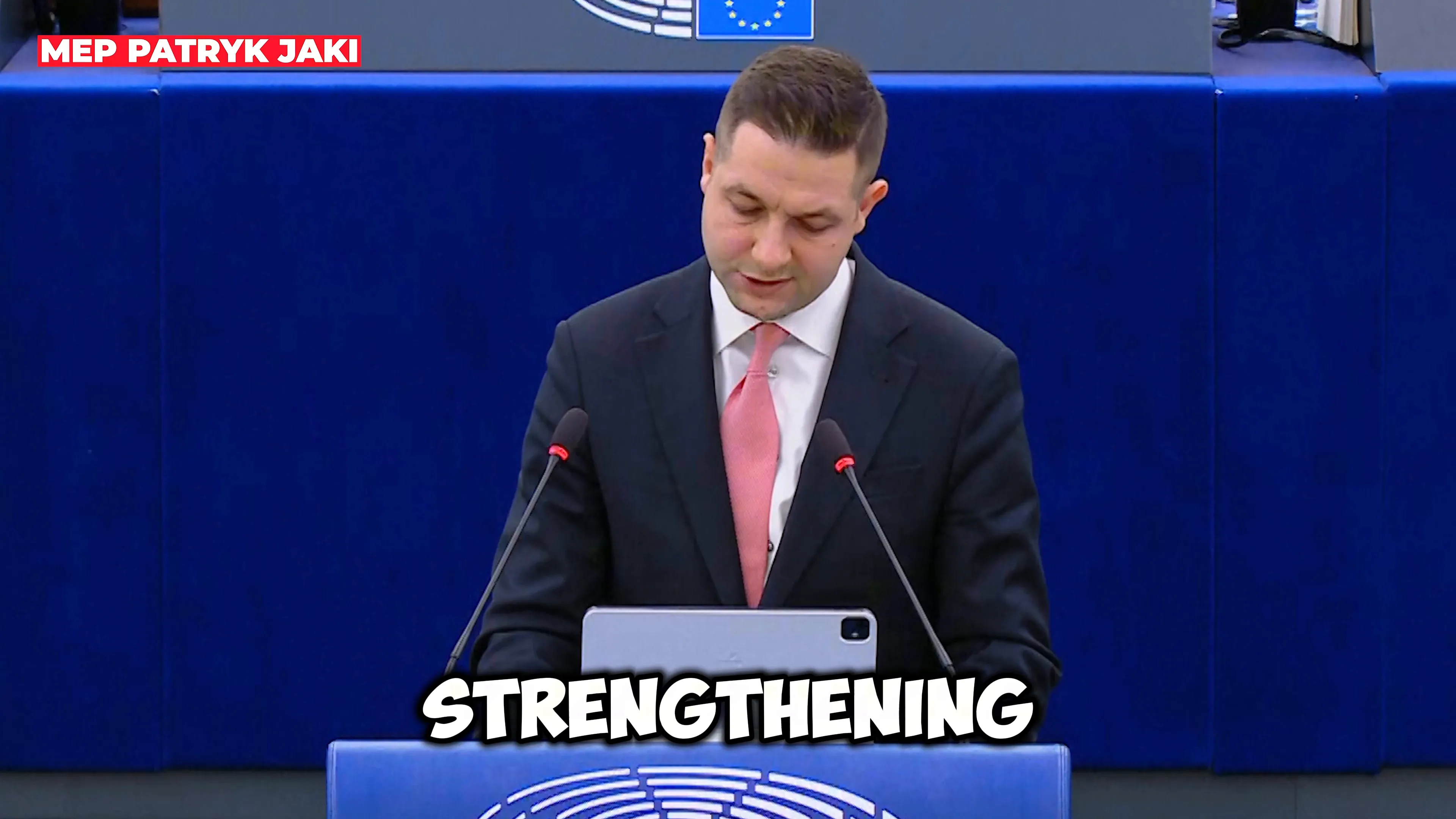
Russia’s Role in the Conflict
Russia’s actions have undeniably shaped the current landscape of European security. However, the portrayal of Russia as a monolithic threat oversimplifies the complexities at play. A nuanced understanding of the geopolitical dynamics is essential for effective strategy.
Instead of framing Russia solely as an aggressor, we must recognize the broader context. This includes addressing the underlying issues contributing to tensions, which requires diplomatic engagement rather than military posturing.
The EU’s Leadership Crisis
The EU is currently facing a leadership crisis, exacerbated by the ongoing war in Ukraine. The inability to present a united front or effective strategy reflects deeper systemic issues within the Union. This crisis undermines the EU’s credibility on the global stage.
Member states must work collaboratively to restore confidence in European leadership. Without addressing internal divisions and fostering a shared vision, the EU risks losing its relevance in addressing contemporary challenges.
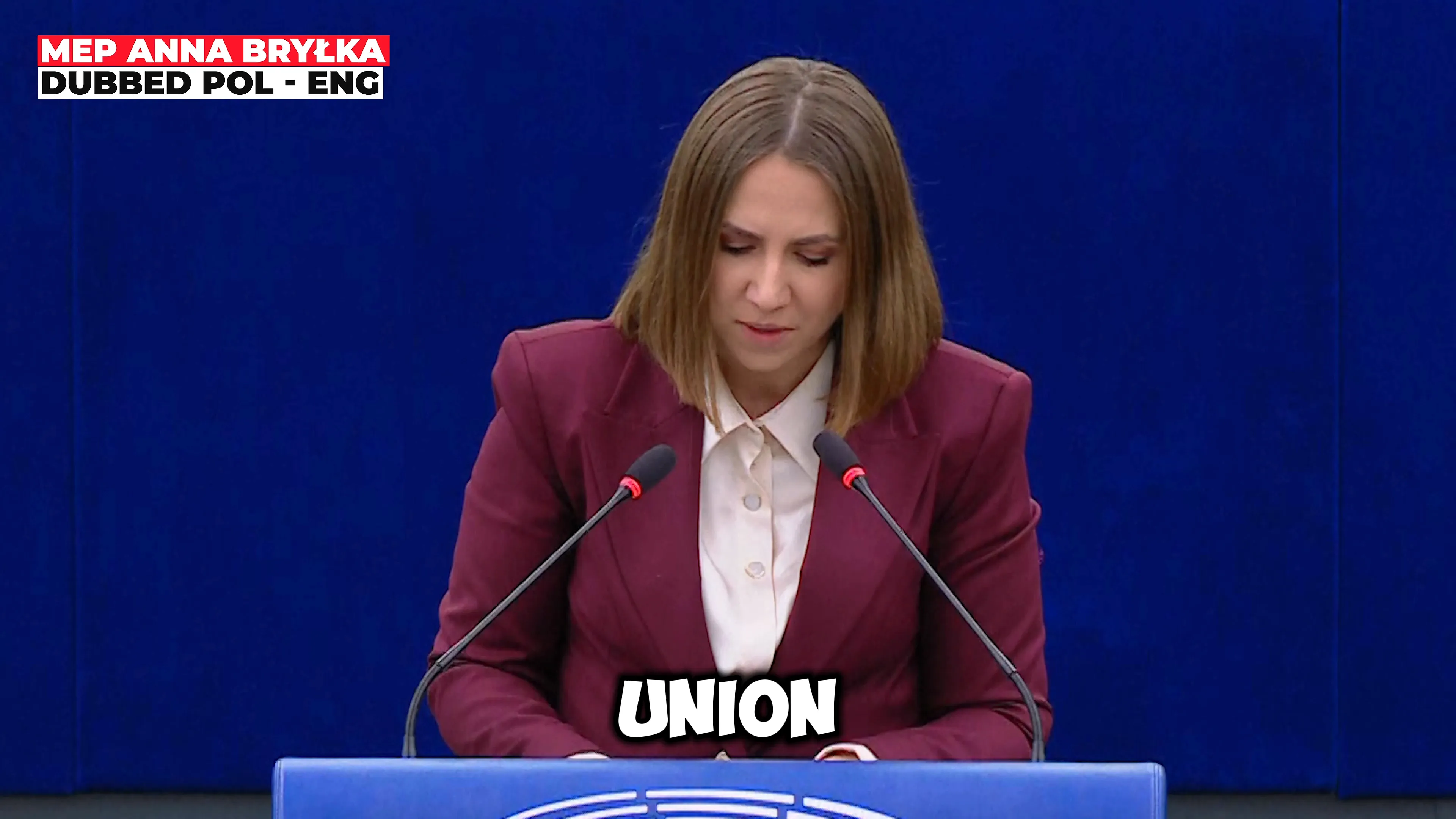
The Importance of American Support
American support remains crucial for European security. As the EU seeks to bolster its defense capabilities, it must also strengthen ties with the United States. The transatlantic alliance is essential for addressing shared security challenges.
However, reliance on American support should not diminish the EU’s commitment to developing its own military capabilities. A balanced approach that combines cooperation with autonomy is vital for long-term security.
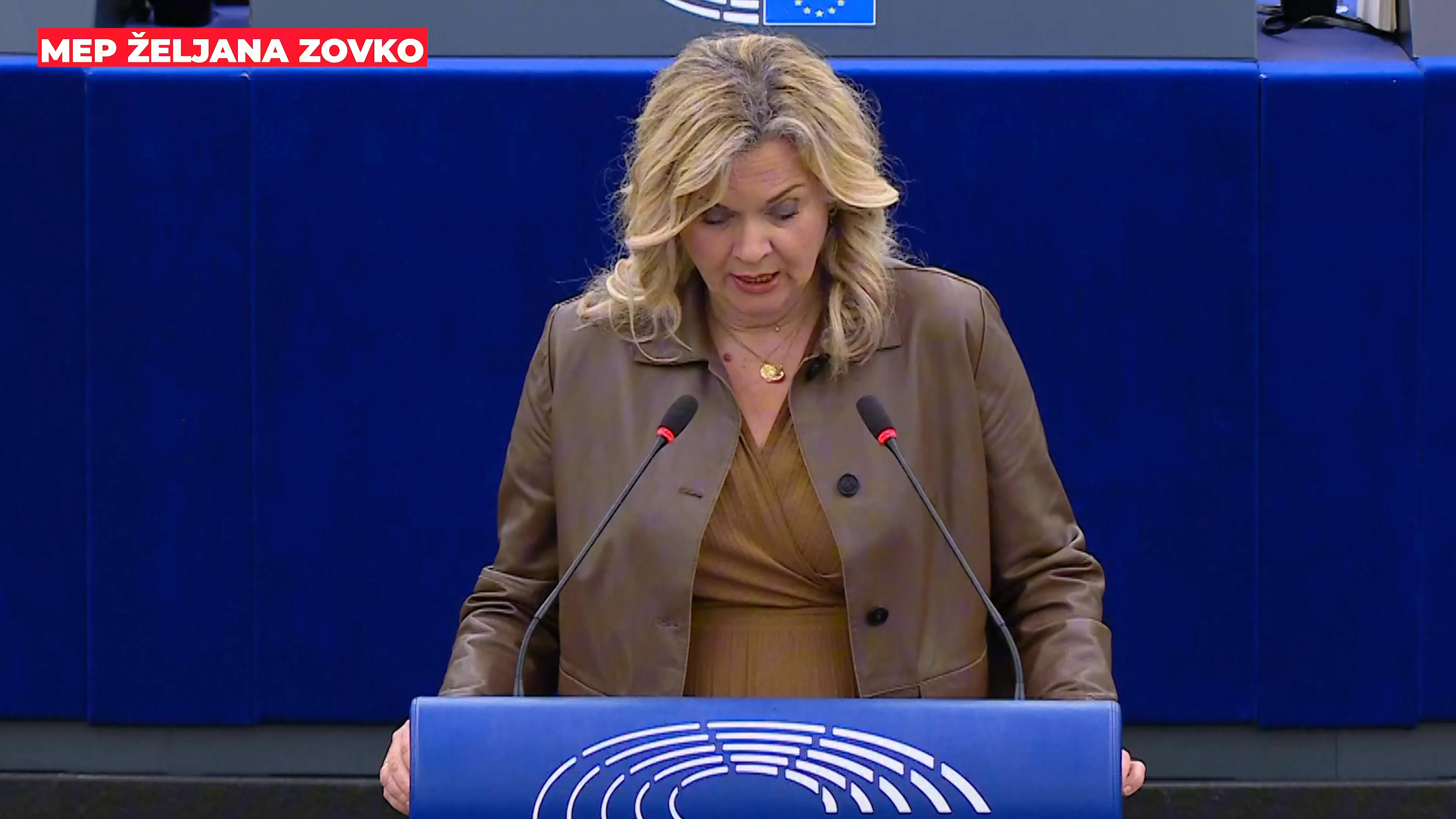
Criticism of Current Military Strategy
The current military strategy has drawn significant criticism for its lack of clarity and direction. Many argue that the focus on arms procurement is misplaced and does not address the root causes of conflict. A shift towards diplomatic solutions is necessary for sustainable peace.
Furthermore, the potential for corruption and inefficiency in arms procurement raises concerns about accountability. Without proper oversight, the significant investments in military spending could exacerbate existing issues rather than resolve them.
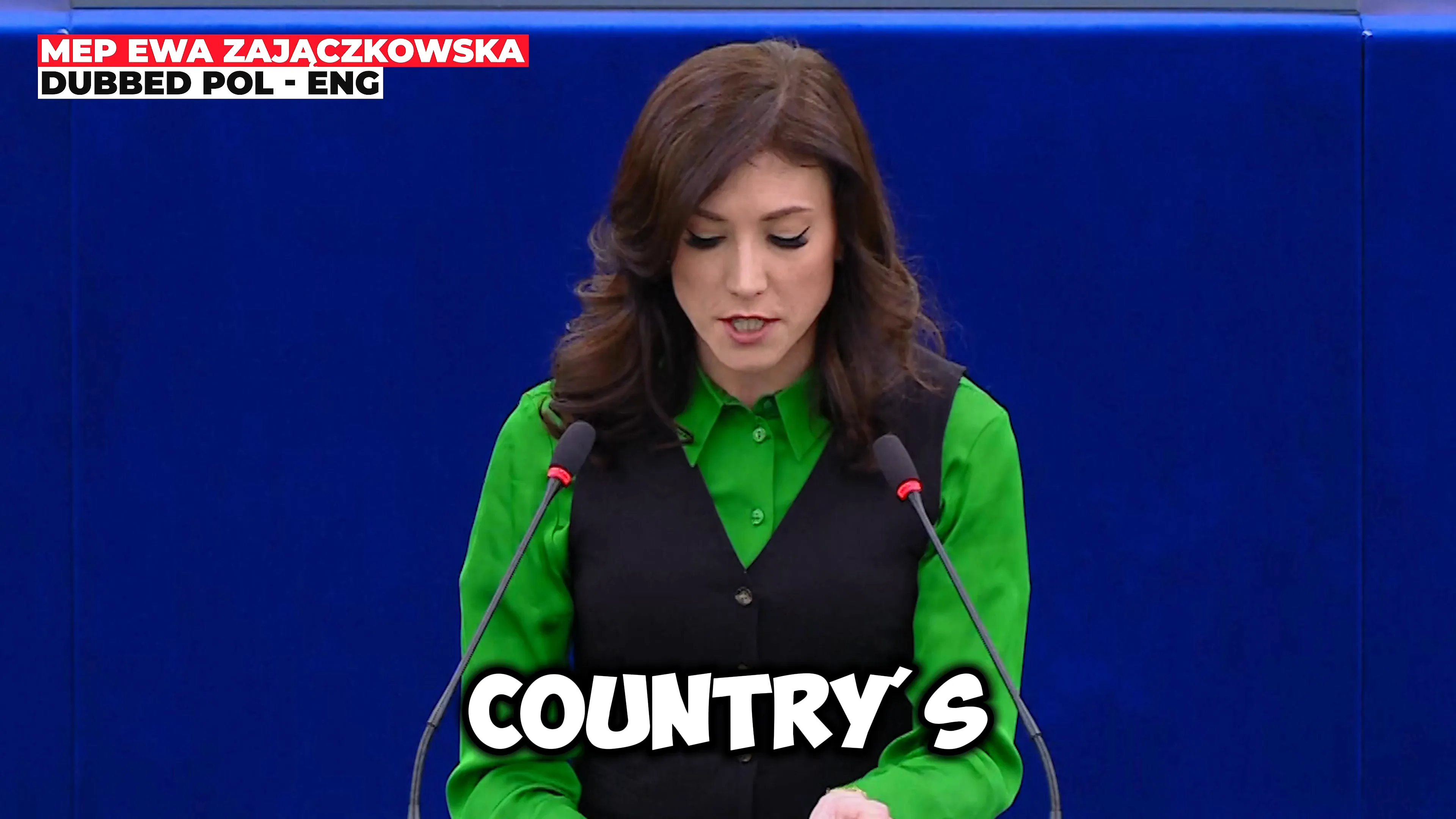
Political Blackmail and Sovereignty
The introduction of new military euro debt raises alarms about political blackmail and the erosion of national sovereignty. This mechanism could be used to exert pressure on states, compromising their autonomy in decision-making.
Member states must remain vigilant against any attempts to centralize power in ways that undermine their sovereignty. The EU’s strength lies in its diversity and respect for national interests, which must be preserved in any future agreements.
